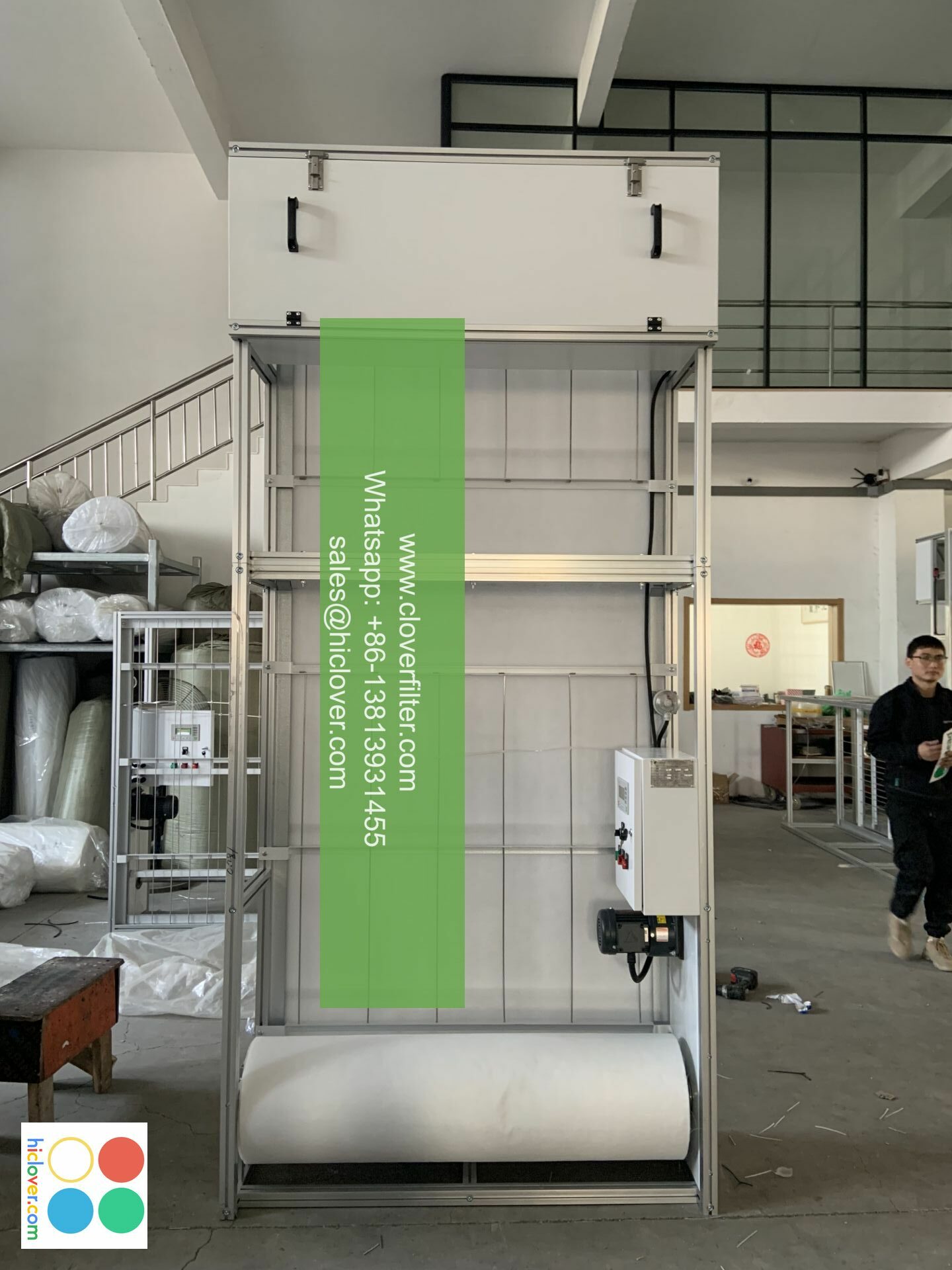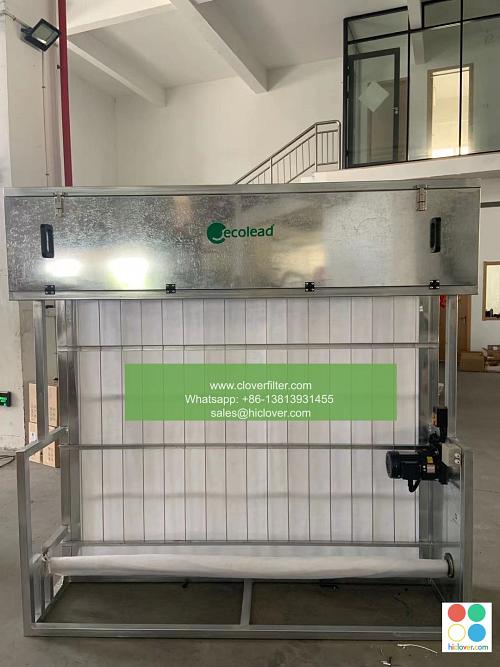The Importance of Air Filtration in Vaccine Production: A Guide for GlaxoSmithKline

The production of vaccines is a highly regulated and sensitive process that requires the utmost attention to detail, particularly when it comes to air quality control. As a leading pharmaceutical company, GlaxoSmithKline (GSK) understands the critical role that air filtration plays in ensuring the safety, efficacy, and sterility of their vaccines. In this article, we will explore the importance of air filtration in vaccine production, highlighting various application areas and discussing the latest technologies and best practices in the field.
Regulatory Requirements and Quality Control
The production of vaccines is governed by strict regulatory guidelines, including those set forth by the World Health Organization (WHO), the US Food and Drug Administration (FDA), and the European Medicines Agency (EMA). These regulations emphasize the need for controlled environments and air quality management systems to prevent contamination and ensure the integrity of the vaccine. Air filtration systems play a crucial role in meeting these regulatory requirements, providing a barrier against airborne contaminants and maintaining a stable and clean environment.
Airborne Contamination Control and Cross-Contamination Prevention
Airborne contaminants, such as bacteria, viruses, and particulate matter, can pose a significant risk to vaccine production. These contaminants can be introduced into the production environment through various means, including personnel, equipment, and ventilation systems. Effective air filtration systems can help to mitigate this risk, capturing airborne contaminants and preventing them from entering the production area. This is particularly important in multi-product facilities where the risk of cross-contamination is higher.
HEPA Filtration and ULPA Filtration: High-Efficiency Solutions for Vaccine Production
High-Efficiency Particulate Air (HEPA) filters and Ultra-Low Penetration Air (ULPA) filters are commonly used in vaccine production facilities to provide a high level of airborne contamination control. These filters are capable of capturing 99.97% of particles as small as 0.3 microns (HEPA) or 0.1 microns (ULPA), making them ideal for use in cleanrooms and other controlled environments. By incorporating HEPA or ULPA filtration into their air quality management systems, GSK can ensure the production of high-quality vaccines that meet the required standards of sterility and efficacy.
Application Areas for Air Filtration in Vaccine Production
Air filtration systems have a range of applications in vaccine production, including:
* Cleanrooms: Air filtration systems are used to maintain a controlled environment in cleanrooms, where vaccines are filled, packaged, and labeled.
* Lyophilization: Air filtration systems are used to prevent contamination during the lyophilization process, where vaccines are freeze-dried to remove moisture.
* Fermentation: Air filtration systems are used to maintain a sterile environment during fermentation, where microorganisms are used to produce vaccine antigens.
* Testing and Quality Control: Air filtration systems are used to maintain a clean environment in testing and quality control laboratories, where vaccines are analyzed for efficacy and sterility.
Conclusion
In conclusion, air filtration plays a critical role in vaccine production, particularly in controlled environments such as cleanrooms. By incorporating effective air filtration systems into their production facilities, GSK can ensure the production of high-quality vaccines that meet the required standards of sterility and efficacy. As the demand for vaccines continues to grow, the importance of air filtration in vaccine production will only continue to increase, highlighting the need for cutting-edge technologies and best practices in the field. By prioritizing air filtration and air quality management, GSK can help to protect public health and promote the development of life-saving vaccines.

